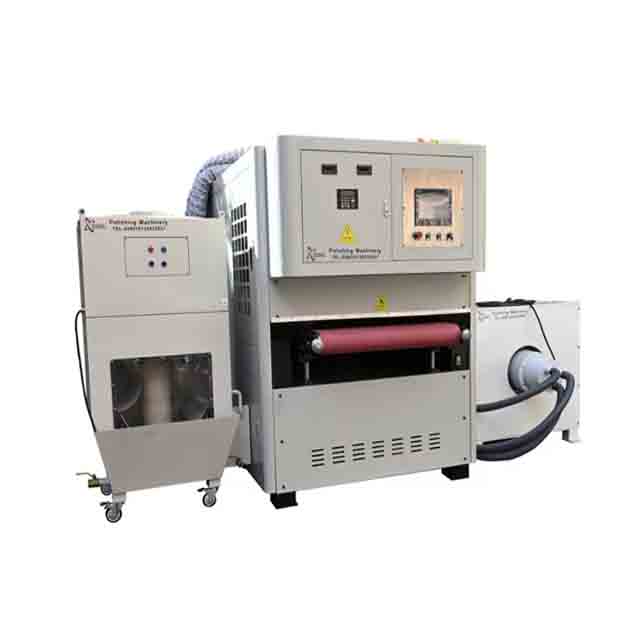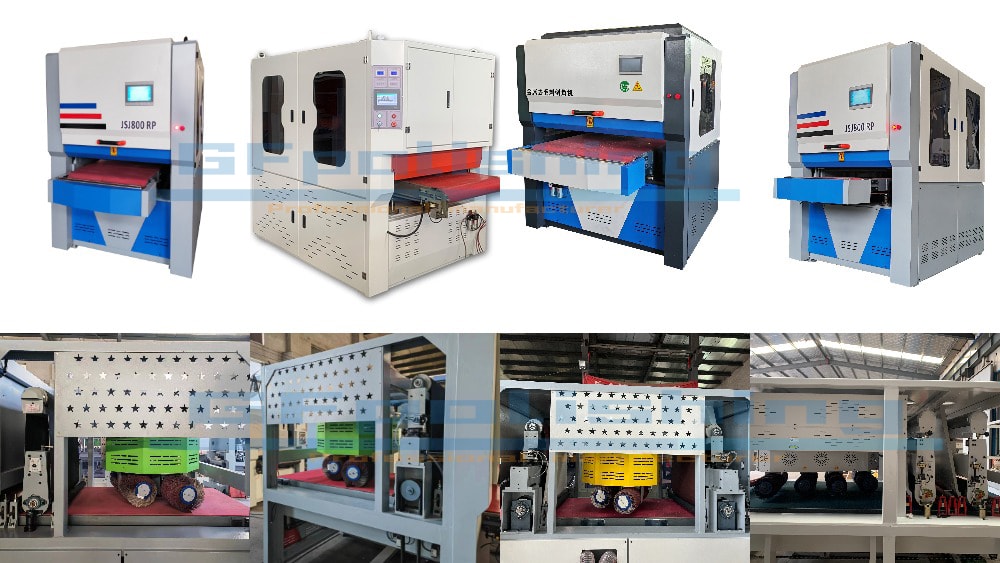Deburring is a crucial process in manufacturing that involves the removal of unwanted burrs and sharp edges from machined parts. To ensure product quality and performance, it is essential to invest in the right deburring machine. This comprehensive guide will provide you with step-by-step instructions on how to find the perfect Deburring Machine for your needs. We will explore the process of determining your deburring requirements, researching different types of deburring machines, considering key factors, selecting the appropriate machine, and implementing and optimizing your deburring process.

Assessing Deburring Needs: Start by evaluating your specific deburring requirements, such as the type of materials, part complexity, and desired finish. This will help you determine the level of precision, speed, and versatility needed in a deburring machine.
Manual Deburring Tools: Explore the various handheld tools available, such as files, brushes, and abrasive pads. These tools are suitable for smaller-scale deburring tasks and offer flexibility but may be time-consuming for larger projects.
Vibratory Deburring Machines: Learn about the benefits of vibratory deburring machines, which use vibrations and abrasive media to remove burrs. They are ideal for deburring small to medium-sized parts and offer consistent results.
Barrel Tumbling Machines: Understand how barrel tumbling machines work, where parts are tumbled in a rotating barrel with abrasive media. This method is effective for deburring larger quantities of small parts simultaneously.
Centrifugal Deburring Machines: Discover the advantages of centrifugal deburring machines, which use centrifugal force to remove burrs. They are suitable for high-volume production and offer quick and efficient deburring.
Cost: Evaluate your budget and consider the initial investment, maintenance costs, and potential savings in labor and time when choosing a deburring machine.
Automation: Determine the level of automation required based on your production volume and efficiency goals. Automated deburring machines offer increased productivity and consistency.
Precision and Versatility: Assess the level of precision and versatility needed for your deburring tasks. Some machines offer adjustable settings and interchangeable tooling for different applications.
Safety Features: Ensure the deburring machine has appropriate safety features, such as guards, emergency stop buttons, and noise reduction measures, to protect operators and comply with safety regulations.
Supplier Research: Research reputable deburring machine manufacturers and suppliers. Read customer reviews, compare prices, and consider factors like warranty, customer support, and availability of spare parts.
Machine Specifications: Analyze the specifications of different machines, including motor power, deburring capacity, speed, and control options. Ensure they align with your deburring requirements.
Training and Maintenance: Provide proper training to operators on machine operation and maintenance procedures. Regularly inspect and maintain the machine to ensure optimal performance and longevity.
Process Optimization: Continuously monitor and analyze your deburring process to identify potential bottlenecks and areas for improvement. Implement strategies such as optimizing media selection, adjusting machine settings, and streamlining workflow to enhance efficiency.

Finding the right deburring machine is crucial for achieving high-quality, burr-free parts in manufacturing. By following the comprehensive guide outlined above, you can determine your deburring requirements, research different machine types, consider key factors, select the appropriate machine, and implement and optimize your deburring process. With the right deburring machine in place, you can improve product quality, increase efficiency, and ultimately enhance your overall manufacturing operations.
By continuing to use the site you agree to our privacy policy Terms and Conditions.